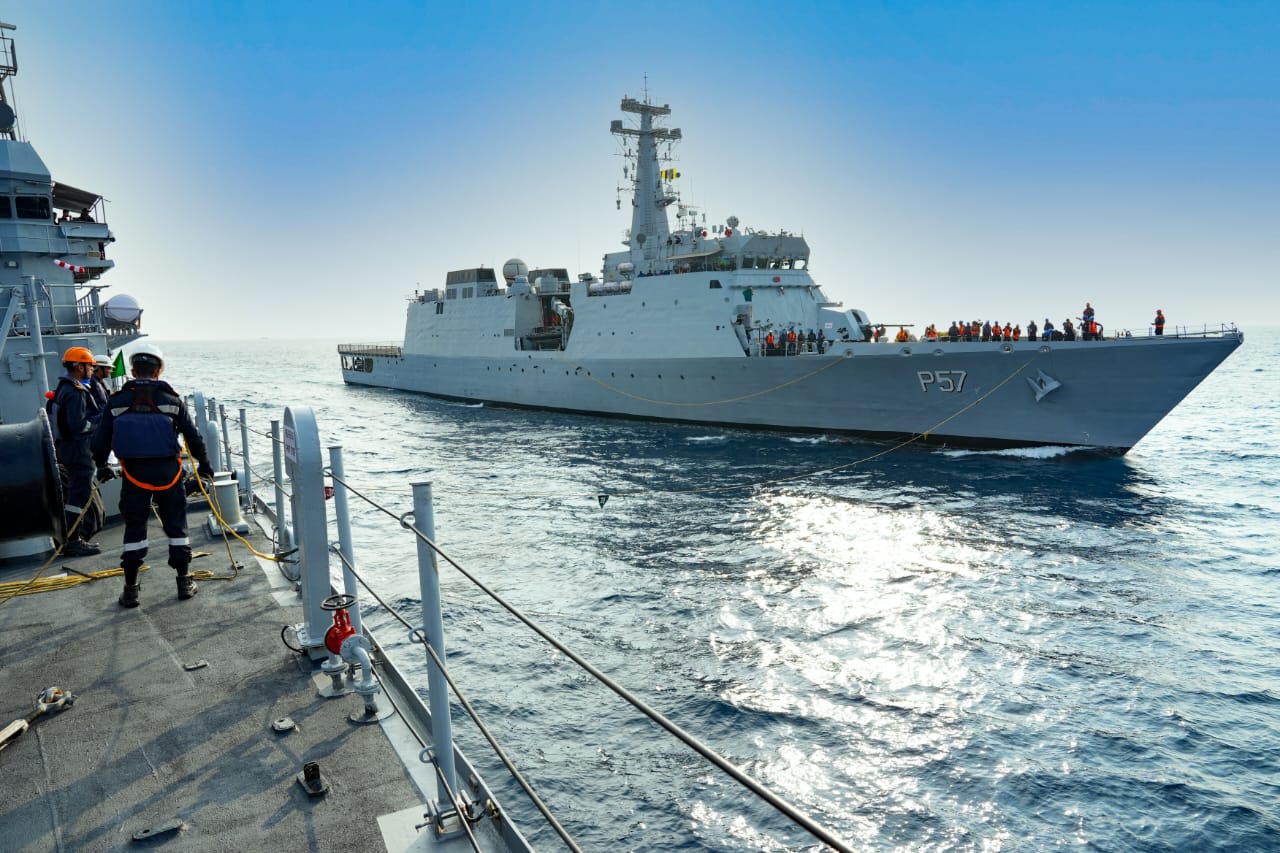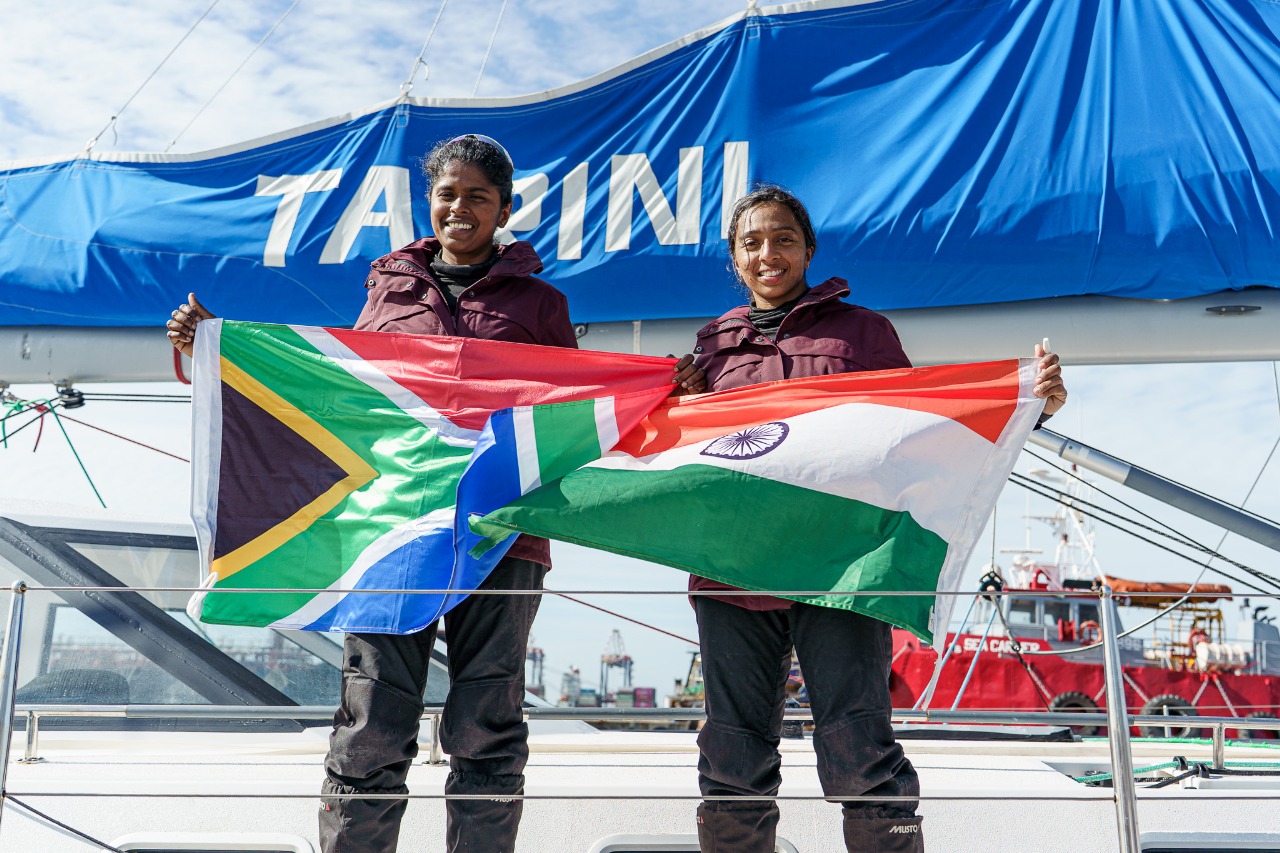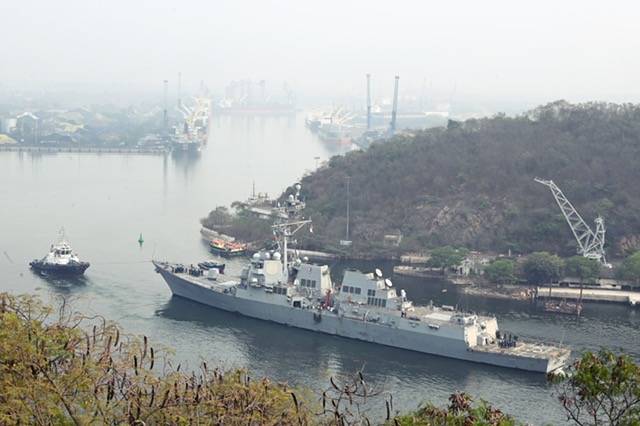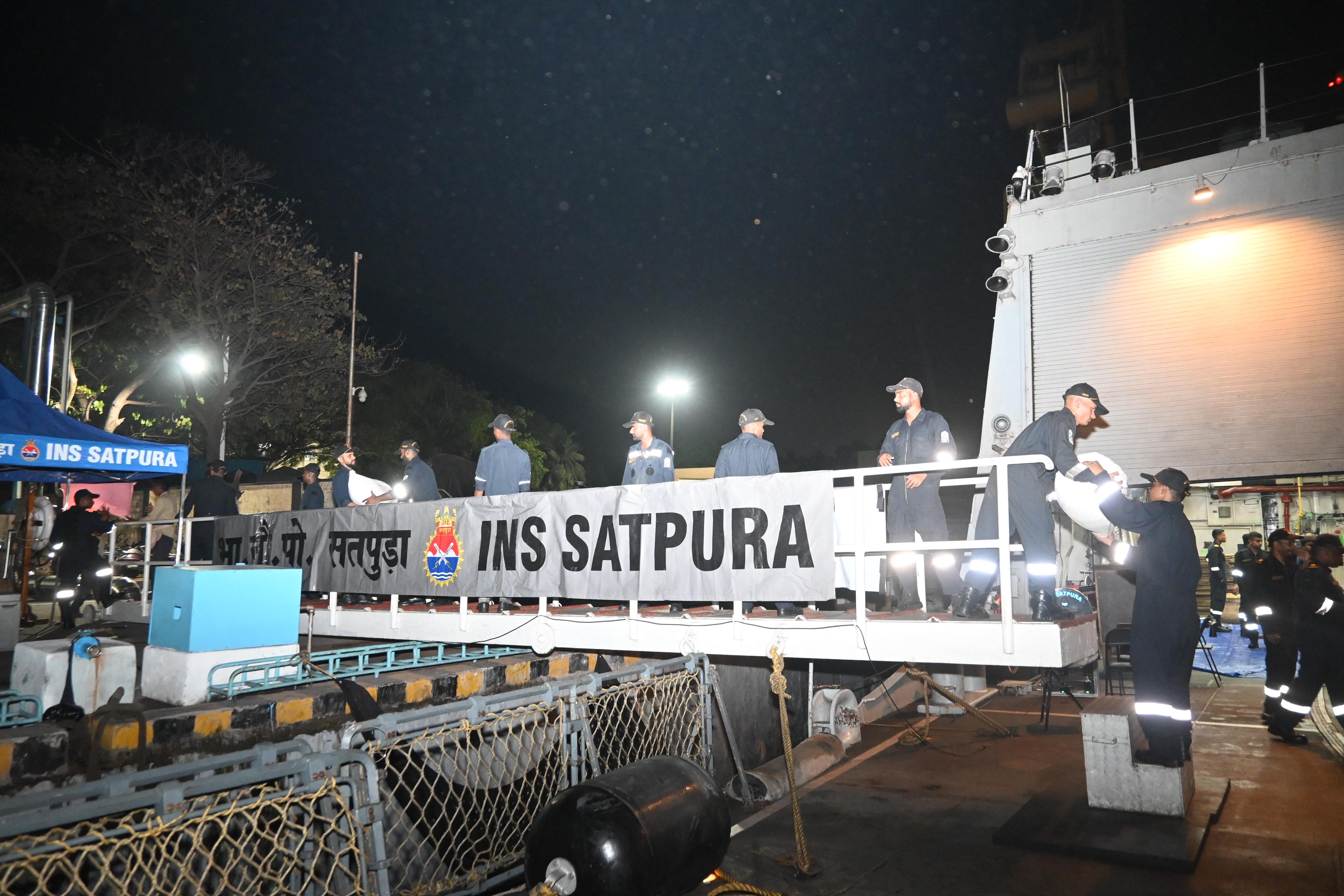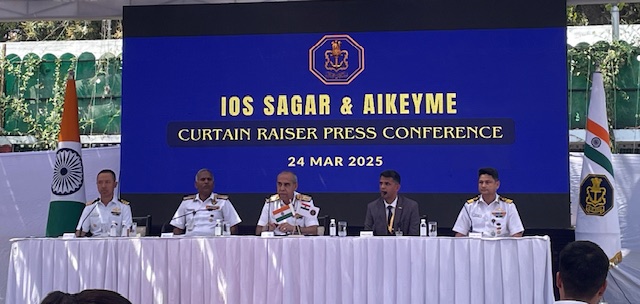
New Delhi: India and the United Kingdom have formalized a landmark framework agreement to collaboratively develop advanced electric propulsion systems for naval vessels, marking a significant milestone in bilateral defence technology cooperation. The statement of intent (SoI) was formally executed during the third Joint Working Group Meeting on Electric Propulsion Capability Partnership, convened in Portsmouth on Thursday.
The bilateral initiative underscores a strategic commitment to advancing maritime technologies and reinforcing defence partnerships. The collaboration will centre on co-designing, co-producing, and co-creating integrated electric propulsion (IEP) systems tailored to India’s specific naval requirements, with a pronounced focus on bolstering indigenous technological capabilities.
These sophisticated propulsion systems are strategically earmarked for deployment in the Indian Navy’s upcoming landing platform docks (LPDs) – advanced amphibious warships engineered to transport troops, vehicular assets, and rotary-wing aircraft, equipped with stealth operational capacities.
Electric propulsion represents a transformative technological paradigm in naval engineering. Diverging from conventional propulsion methodologies reliant on mechanical energy for propeller actuation, IEP systems harness electricity generated by diesel engines or gas turbines to power comprehensive onboard systems, including propulsion mechanisms.
This innovative approach yields multifaceted advantages, such as enhanced fuel efficiency, substantially reduced acoustic signatures facilitating stealth operations, and superior power distribution capabilities to accommodate cutting-edge weaponry, such as laser systems and electromagnetic railguns.
The UK’s strategic involvement will expedite technology transfer and expertise sharing, thereby advancing India’s long-term objective of achieving comprehensive self-sufficiency in defence manufacturing.
This collaborative endeavour is anticipated to substantially augment India’s maritime capabilities within the strategically crucial Indo-Pacific region. The potential applications extend beyond LPDs, potentially encompassing future deployments in destroyers and aircraft carriers. As the Navy continues its modernization trajectory, this partnership highlights the critical significance of naval technological innovation in maintaining a competitive strategic advantage.
The agreement also represents a key moment in India-UK bilateral relations, signalling a robust commitment to deepening defence technological cooperation and maritime security collaboration.


